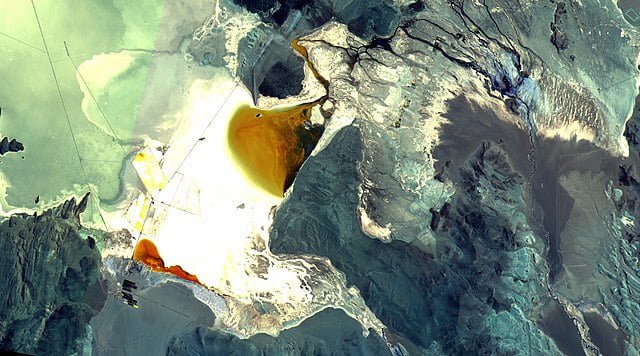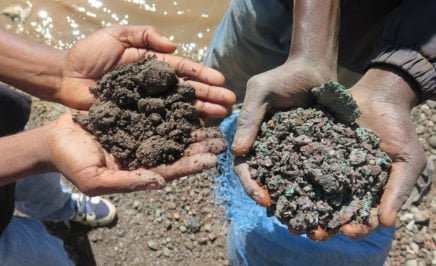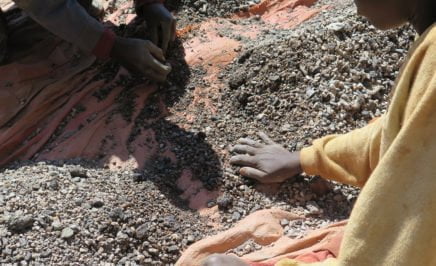Ensuring clean and green battery supply chains must be a priority for businesses and governments during the post-pandemic recovery. Amnesty International has published a set of principles for ensuring that lithium-ion batteries, which power electric vehicles and many electronic devices, and which are essential for tackling climate change, are not linked to human rights abuses or environmental harm.
Previous Amnesty International research exposed how cobalt mined by children in the DRC could be entering the supply chains of some of the world’s biggest electronic and electric vehicle brands, while in South America, evidence points to lithium extraction posing risks to Indigenous peoples’ water resources and fragile ecosystems. Meanwhile the growing demand for “green” battery technologies poses new risks to the environment, including pollution of mining areas, damage to the ocean floor, and mounting waste due to inefficient design.
Amnesty International is calling on businesses at all stages of the battery supply chain to do their bit to ensure they are truly powering change. Human rights must be at the core of their operations – this might mean making supply chains more transparent, providing remedy where they have caused harm, or ensuring Indigenous communities are consulted on mining projects that affect them.
Governments also need to show leadership by supporting investments and energy solutions rooted in a just transition. Lack of respect for human rights should be a dealbreaker for any business involved in the battery industry – that means governments need to enforce environmental protection laws, investigate allegations of abuses, and make human rights due diligence a legal requirement.
Amnesty International Australia has written to federal, and state and territory, environment and energy ministers, urging them to adopt the principles. Amnesty International Australia is also urging the federal Foreign Minister to consider applying these principles to bilateral and multilateral arrangements.
Globally, 51 organisations support the principles, including four Australian organisations: Australian Lawyers for Human Rights, Deep Sea Mining Campaign, AID/WATCH, and RMIT Business and Human Rights Centre.





